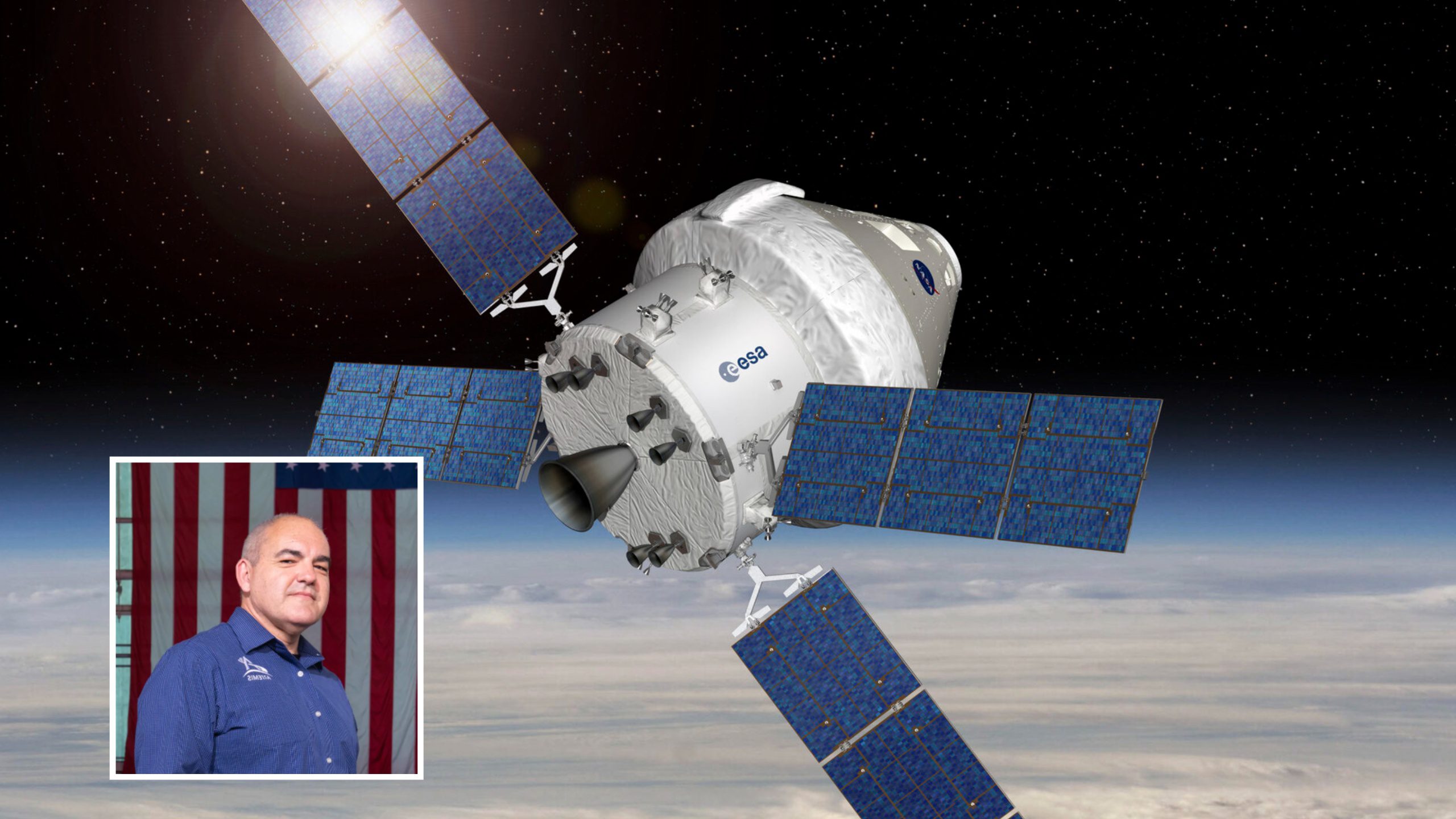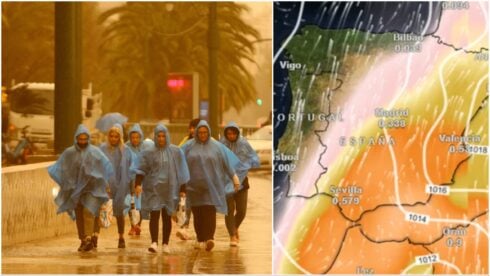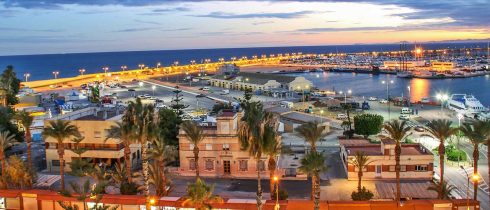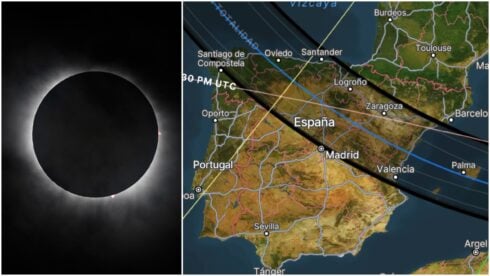AMERICAN space agency NASA has chosen a Spanish engineer from Malaga to help lead its flagship program to return humans to the moon.
Carlos García-Galán, 50, has been named deputy manager of the Gateway program – a crucial component of NASA’s Artemis mission that aims to establish a permanent human presence on the Moon.
The appointment is a prestigious marker for Spain and its involvement in international space exploration, with NASA Director Vanessa Wynche praising García-Galán’s exceptional credentials.
READ MORE: Spanish ex-footballer who trafficked €32m worth of cocaine into Spain is arrested

“Carlos is an outstanding engineer and leader, and I’m thrilled to announce his appointment,” said Wynche.
“His experience in human spaceflight, international collaboration, and spacecraft development will be a tremendous asset to Gateway.”
The Malaga-born engineer brings 27 years of experience in human spaceflight to the role, including extensive work on the International Space Station as an air controller in both Houston and Russia’s Korolev space centre.
Since 2010, García-Galán has held various leadership positions within the Orion program, making him uniquely qualified for this new role overseeing what NASA hopes will become humanity’s first permanent foothold in deep space.
Gateway represents a revolutionary approach to lunar exploration, functioning as an orbital outpost around the Moon.

Unlike the Apollo missions of the 1960s, which took astronauts directly to the lunar surface, Gateway will serve as a staging post for both lunar landings and potentially deeper space missions.
READ MORE: Nuclear panic in Spain after ‘dangerous’ radioactive package disappears at Madrid airport
The space station will act as a crucial transfer point for crew, supplies, and equipment, significantly expanding the possibilities for lunar exploration beyond what was possible during the Apollo era.
García-Galan’s appointment comes at a critical time for NASA’s Artemis program, which combines several key elements including the Space Launch System (SLS) and the Orion capsule – the latter featuring a European-built service module.
The Gateway station will not only facilitate lunar landings but also serve as a research facility similar to the International Space Station, building on decades of space exploration experience from programs like Apollo-Soyuz, Skylab, and Mir.
Click here to read more Malaga News from The Olive Press.








